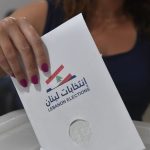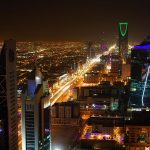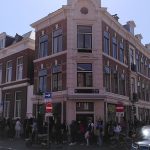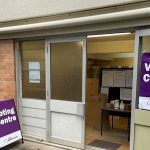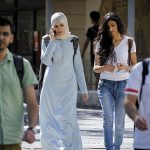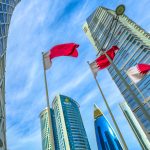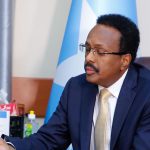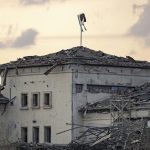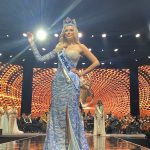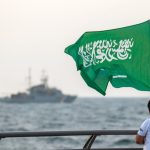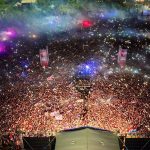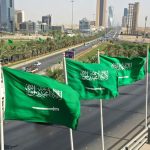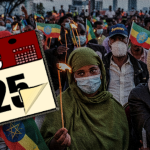Expats prepare to vote as Lebanon’s elections get underway
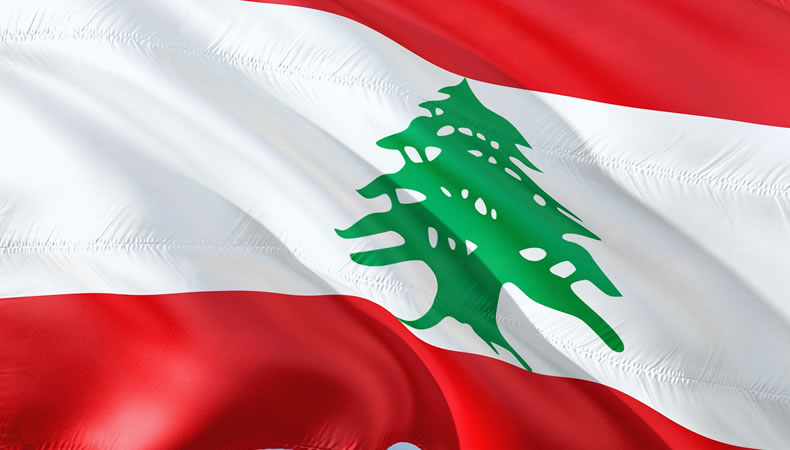

In nations with a Sunday weekend, the second round of voting will take place on May 8. Candidates will compete in 15 districts throughout all governorates and districts to elect new members for 128 parliamentary seats in Lebanon’s elections on May 15. On May 21, the current parliament’s four-year tenure will come to an end. The candidate and media code of conduct takes effect 24 hours before the election.
The ruling parties have utilized every methods of invitation, intimidation, and sectarian divisiveness to maintain their continued presence in parliament, thwarting the opposition’s ceaseless attempts to turn the tables. Candidates from Christian-influenced regions dominate the list, with 269 registered in Mount Lebanon and 292 in the north.
Related Posts
With just 105 candidates, the south, which has a Shiite majority, has the lowest rate of candidacy, followed by Beirut with 174 and the Bekaa area with 203. “The chaotic opinion surveys that declare the triumph of one candidate and the failure of another, despite the commission’s warnings to those concerned,” said Nadim Abdelmalak, president of Lebanon’s supervisory commission for elections. Every opinion poll generated for the announcement must be submitted to the commission before the election.”
“Given that the election legislation mandates that such discourse be tempered, steering away from abasement, revilement, incitement to sectarian war, and occasionally terrorism, possibly used to cement sectarianism,” Abdelmalak denounced “the scale of hate speech and treason.”
According to the Lebanese Association for Democratic Elections, money was spent to buy loyalty in order to achieve victory, as well as help, promises, and electoral bribery. Violence, pressure methods, influence, public resources, racial and sectarian speech, libel and slander were all utilized by certain politicians seeking an election advantage, according to the group.
To prevent opponents of Shiite parties Hezbollah and the Amal Movement from announcing their candidacy, intimidation began in the Sarafand area of southern Lebanon. The same duo used intimidation tactics against other Shiite candidates in the northern Bekaa area, notably Sheikh Abbas Al-Jawhari. During an election meeting he held, gunshots and rockets were fired.
At a religious gathering in Baalbek, candidate Hassan Raad was thrashed. Previously, the Amal Movement and Hezbollah pushed some families to disown female candidates on competing lists. As a result, three Shiite candidates withdrew from the election: Ramez Amhaz, Hayman Mchayek, and Rifaat Al-Masri.
In Jbeil’s northern district, there was also intimidation. An unidentified drone was observed flying above candidate Faris Saeed’s area, which is opposed to Hezbollah and Iranian influence in Lebanese politics. A automobile was also seen driving about his residence in Qartaba, reportedly spying on him.
Hezbollah and the Supreme Islamic Shiite Council rejected Sheikh Nazir Jishi after he urged for the voting of Hezbollah candidates and criticized the Lebanese Forces Party, using insulting language towards women in largely Christian tourist regions.
In light of Gebran Bassil’s relationship with Hezbollah, the president of the Free Patriotic Movement’s travels to several regions have been received with widespread condemnation. Bassil’s convoy was halted and portraits and signs of the party were torched during his visit to the northern Lebanese province of Akkar, developing into a violent conflict.
Sunni voters are split into two groups. The first will abstain from voting, with the majority being staunch followers of Saad Hariri’s Future Movement, but the second believes there is a potential for change, noting that the Sunni community controls more than half of Lebanon’s electoral districts.
Hezbollah’s Hassan Nasrallah called the vote “the most crucial political war in Lebanon.” “It’s crucial for all Hezbollah MPs to win,” he said in March, “and we should strive toward winning the majority.”

